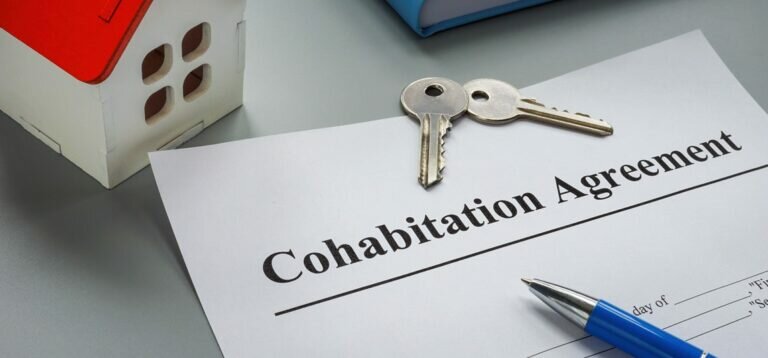Repossession: When Can a Creditor Take Your Property?
A Repossession is when a creditor takes your property, such as an automobile, boat, or other similar goods. It’s written in the United States Bankruptcy Code that a trustee or debt collector can repossess the property without legal process if you fail to pay within one year of the filing of your bankruptcy case.
Creditors are not allowed to repossess items created for people with disabilities and their aides, which include wheelchairs and lifts. They can also not repossess items that were used in religious ceremonies of the debtor, such as an altar or a crucifix. A creditor can also not repossess any property that the debtor gave to someone else for the purpose of removing it from the possession of the creditor.
The creditor can then sell the items at a liquidation sale or use the proceeds to pay creditors. However, if you were in financial distress, merely refusing to surrender your property after getting a Notice of Sale does not waive the restrictions placed on repossessions by the Bankruptcy Code. The property or item must be specifically listed in the bankruptcy documents for your creditors to repossess the item. If the item is not listed, the creditor cannot repossess it.
What Constitutes a Default?
If you are a debtor or potential debtor, the most common type of repossession is default repossession. When the creditor or debt collector files for your bankruptcy case, this causes you to become a debtor. You become defaulted upon when a creditor can no longer wait to get their money from you and files with the court to have your property turned over.
If it can be proven that you are in default, the court will grant a repossession order. If you become aware of a repossession filed against you and more than five days pass without a response being filed to the court, then it is likely that your creditor has received a repossession order and can legally take your property.
If it is after the two-week period following the filing of your bankruptcy case or a similar case, then the creditor or debt collector can legally repossess any asset that is in your name and in your possession. If you agree to stop fighting against the creditor’s right to repossess its property, then you are considered an acquiesce. The creditor must prove that you agreed to let them take your property with no legal process.
Does the Creditor Have to Notify You Before Repossession?
In some cases, the creditor is required by law to notify you that they intend to repossess your property. This is a requirement of the law, and it varies depending on the type of property that is being repossessed. If it is your car, boat or other similar property, then the creditor has to provide notice for the next two weeks. If it is a piece of furniture that you own, then you have only one week’s notice to get out of default.
If the creditor gives you notice beforehand, then they have to wait thirty days after giving you the notice before going forward with the repossession. The law states that creditors or debt collectors cannot repossess a piece of furniture if it is the only household item that you own. If a creditor does not give adequate notice, then they are not legally able to repossess your property until after the required amount of time has passed from when they gave you your initial Notice to Repossess.
Will the Creditor Always Repossess?
Some creditors do have the right to repossess without legal process. However, not all creditors and debt collectors are allowed to take your property. If you filed a bankruptcy case or other similar court case, the creditor could not repossess anything that is listed in your legal documents as exempt.
In addition, they will not be able to repossess anything that is considered a necessity of life. This includes furniture, jewellery, clothing, books and other similar goods. If you had any personal property in your car before your bankruptcy or similar case, then the creditor can repossess those items.
The creditor or debt collector will have to prove that they are entitled to repossess your property. In order to do this, they must have a bill of sale to prove that you transferred ownership of the item in question. If you were sued for nonpayment by the creditor or debt collection company, then the creditor does not need a court order before repossessing your property.
Conclusion
A creditor does not have the right to take your property and sell it for their own profit. If you have been contacted by a creditor in regard to repossessing your property, then you may be able to do something about it. The best course of action is to get legal advice from an experienced attorney who focuses on bankruptcy cases involving repossessions along with other similar legal matters.
Normally if you have not been sued by the creditor, they do not have the right to repossess your property. Repossession is a common practice of creditors after nonpayment or default. If you are having trouble with a creditor, then contact a bankruptcy attorney today to learn more about your rights as a debtor.







